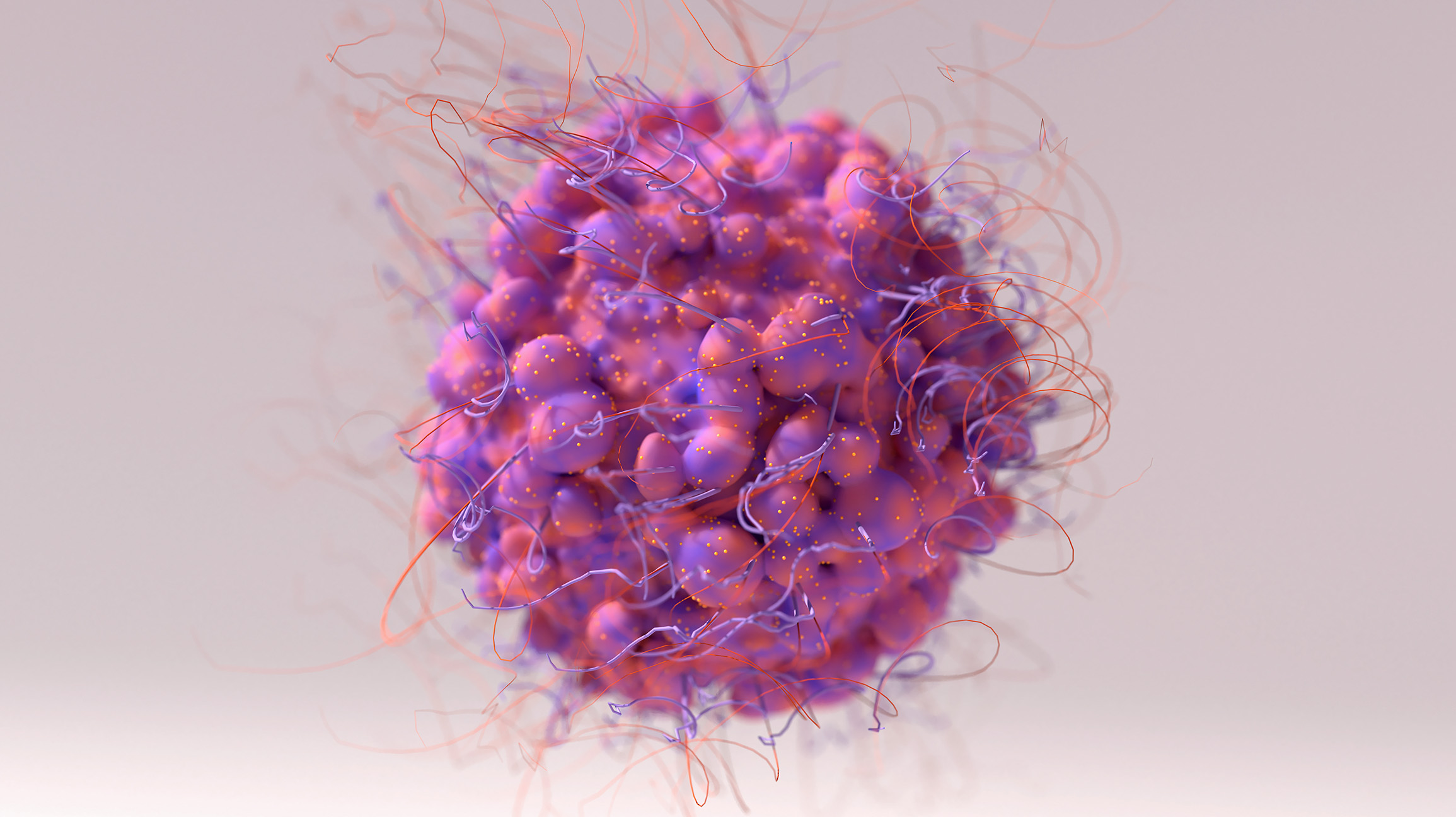
Can Chicken Feathers Revolutionize Cancer Treatment?
The quick answer is yes. In a groundbreaking development in cancer treatment, researchers have introduced an innovative drug delivery method utilizing proline, an amino acid abundantly found in chicken feathers and skin tissue. This breakthrough, detailed in the journal Chem, proposes a significant leap in reducing the side effects of chemotherapy and advancing enzyme replacement therapies.
The issue with Chemotherapy for Oncology Doctors Near Me
Chemotherapy, a standard cancer treatment, often comes with severe side effects, including hair loss, nausea, and nerve damage. These adverse effects arise because chemotherapy drugs do not discriminate between cancerous and healthy cells, leading to 'off-site toxicity' where healthy cells surrounding tumors are also destroyed. This widespread cellular damage significantly diminishes the patient's quality of life and can complicate recovery.
Innovative Solution: Peptide Cages
The new technique employs cage-like structures composed of peptides and short chains of amino acids that form the building blocks of proteins. These cages are designed to contain drugs of diverse sizes, ensuring accurate administration within the body. By targeting the drugs directly to tumors, the peptide cages minimize the impact on healthy cells, thereby reducing the off-site toxicity associated with conventional chemotherapy used in all oncology cancer centers.
Advantages of Proline and Collagen
This innovation benefits from the inclusion of proline, which offers significant advantages thanks to its straight, rigid structure, and its ability to dissolve in water. Given that the human body is approximately 60% water, proline's properties make it an ideal candidate for drug delivery. By combining proline with collagen, another biocompatible substance, researchers have developed a safe and effective drug delivery system. Unlike previous methods that relied on hydrocarbons found in tar, which can be toxic, the new approach uses materials that are both safe and readily available.
Sustainable and Scalable Production
The sustainability and scalability of this new method are among its most promising aspects. Dr. Charlie McTernan, a Lecturer in Chemistry at King’s College London and Group Leader at the Francis Crick Institute, underscored the environmental and practical advantages of employing proline and collagen. He likened the cages to a molecular teabag, explaining that they could be filled with various medicines and delivered in a significantly more targeted manner than previously possible.
Proline's rigid structure and water solubility allow it to be easily manipulated into various sizes, facilitating the encapsulation of different drugs, including chemotherapy agents, antibiotics, and antivirals. By binding the peptide to small amounts of metals like palladium, researchers can create structures that can be adjusted in size as needed, making large-scale production feasible and environmentally sustainable.
Enzyme Replacement Therapy
Beyond chemotherapy, this innovative structure opens new possibilities for enzyme replacement therapy. Enzymes, which are proteins that perform essential functions in the body, can malfunction and contribute to disease development. Every oncology doctor near me feels that the traditional treatments focus on blocking the activity of these faulty enzymes, often leading to side effects. The innovative peptide cages have the potential to serve as substitutes for faulty enzymes, presenting a fresh and enhanced approach to treatment.
Implications for Future Treatments
The implications of this research extend far beyond cancer treatment in every oncology cancer center. The ability to deliver drugs with high precision and potentially replace faulty enzymes paves the way for more effective therapies for a variety of diseases. This could lead to treatments that are not only more efficient but also come with fewer side effects, enhancing patient outcomes and quality of life.
For more details about this research work, refer to this research article: https://linkinghub.elsevier.com/retrieve/pii/S2451929424002237
Conclusion
The development of proline-based peptide cages represents a significant advancement in the field of medical treatment. By providing a targeted, sustainable, and scalable solution for drug delivery, this innovative approach has the potential to transform the way chemotherapy and other medications are administered.
As researchers continue to refine and expand this technology, the potential for improving patient outcomes across a wide range of conditions is immense. The use of materials derived from chicken feathers and skin tissue, previously considered waste products, highlights the innovative and sustainable nature of this approach. With continued research and development, this method could lead to more effective, precise, and personalized treatments, heralding a new era in the fight against cancer and other diseases.
Contact Sierra Hematology & Oncology for more research updates.
Also Read:
Understanding the Relationship Between Anemia and Cancer
Does Talcum Powder Cause Ovarian Cancer?
How Patient Care Navigators Make Your Cancer Journey Easier
Are Hemophilia and Thrombocytopenia the Same? – Know the Differences

